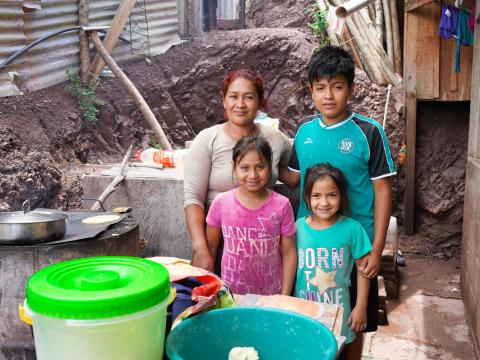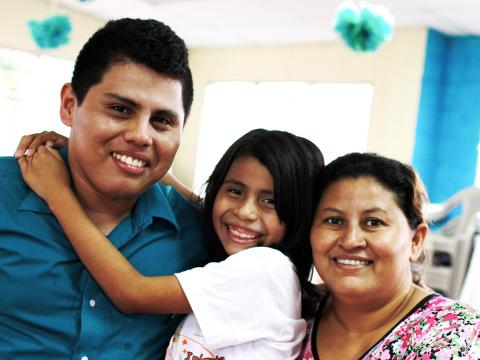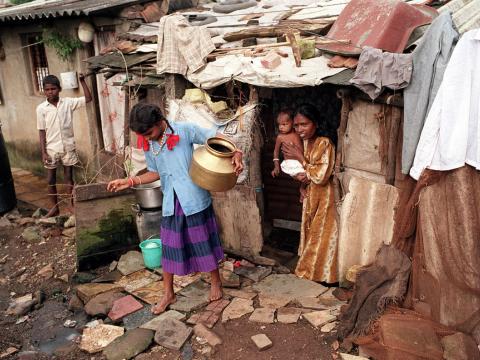
What transformation means in fragile urban contexts
[Reposted from the International Civil Society Centre's Civil Society Futures and Innovation Podcast Soundcloud account]
In this episode, Aline Rahbany, the Technical Director for Urban Programming at World Vision International, and Karen Ramos, Public Engagement and Strategy Director at World Vision Honduras, tell us how the ‘Cities for Children’ urban learning framework is radically transforming the organisation’s impact in dynamic environments like the Valle de Sula metropolitan area in Honduras, by engaging at neighbourhood, district and city-wide levels.
For the Centre’s 2020 Report on ‘Civil Society Innovation and Urban Inclusion’, we’re speaking with inspirational innovators from civil society organisations (CSOs) around the world to hear the stories of their advocacy and programming work to make cities more inclusive.
Explore the Centre’s ‘Civil Society Innovation and Urban Inclusion’ report: icscentre.org/innovationreport
To read the World Vision case study from the report visit here
Find out more about World Vision urban work at their website: www.wvi.org/urban and follow their progress via Aline on Twitter twitter.com/Aline_Rahbany and LinkedIn www.linkedin.com/in/aline-rahbany-15727521/
Find out more about World Vision Honduras’ work at the website: www.worldvision.hn/ or on Twitter twitter.com/worldvisionhn, Instagram www.instagram.com/worldvisionhn/ and Facebook www.facebook.com/worldvisionhonduras/.
This podcast is supported by the Konrad-Adenauer-Stiftung and its Strong Cities 2030 initiative. Promoting global collaboration and knowledge sharing for sustainable urban development. Find out more about Stronger Cities 2030 at: www.kas.de/en/strong-cities-2030.


